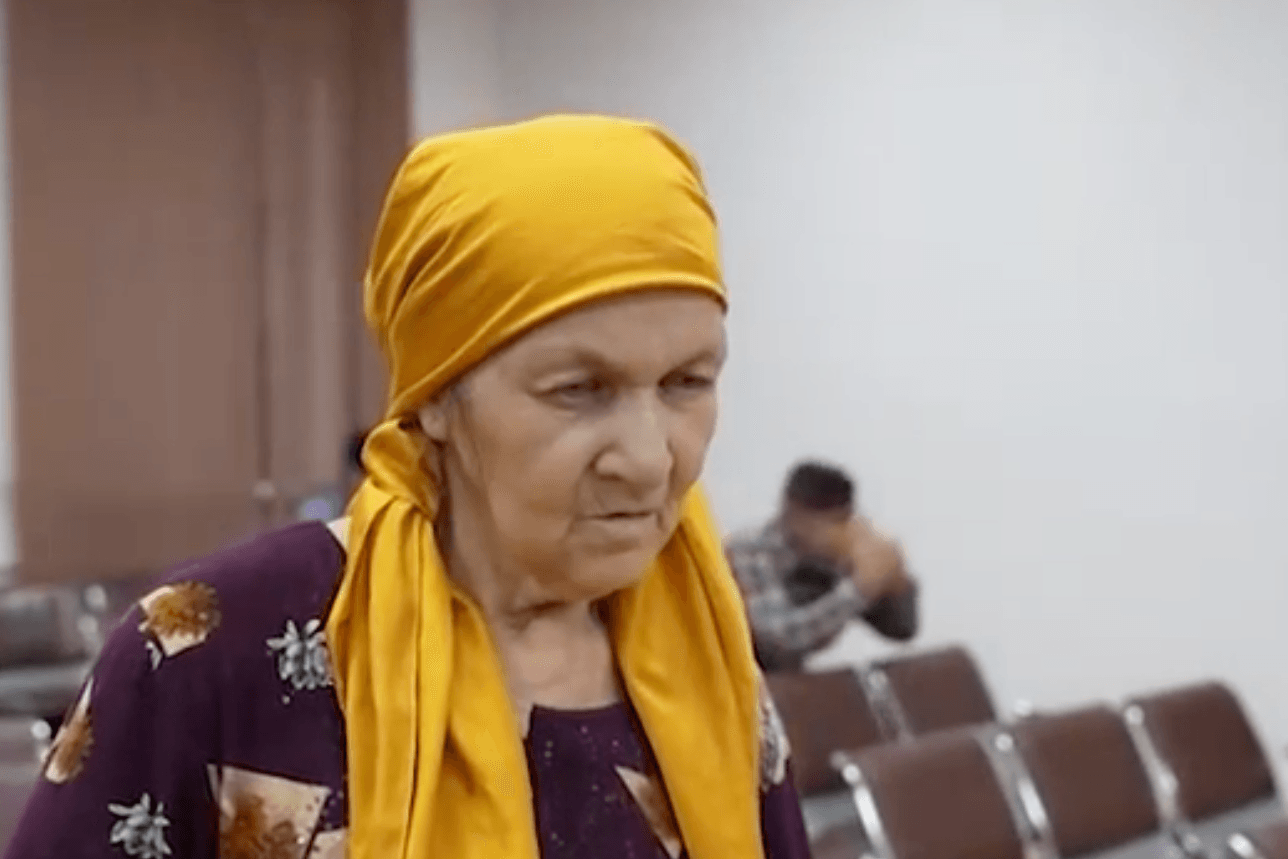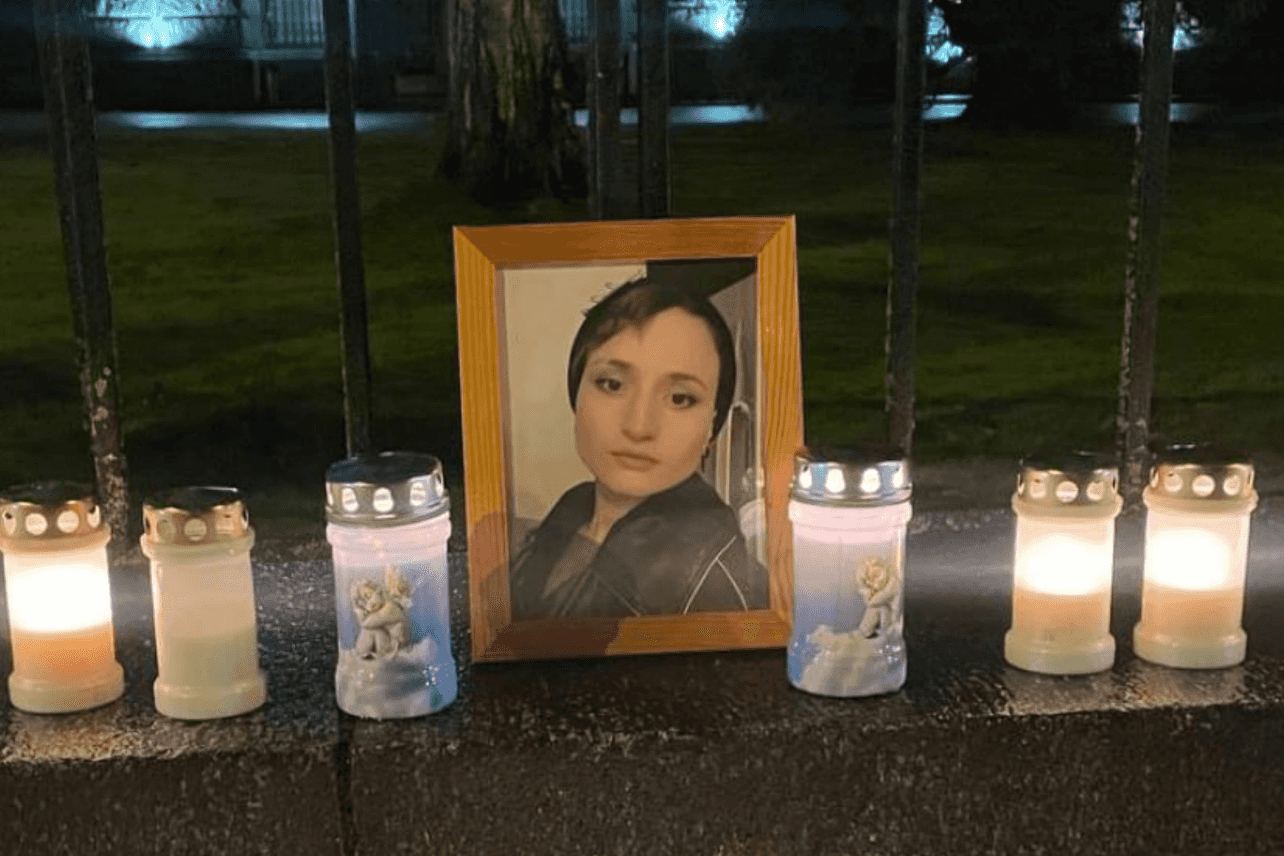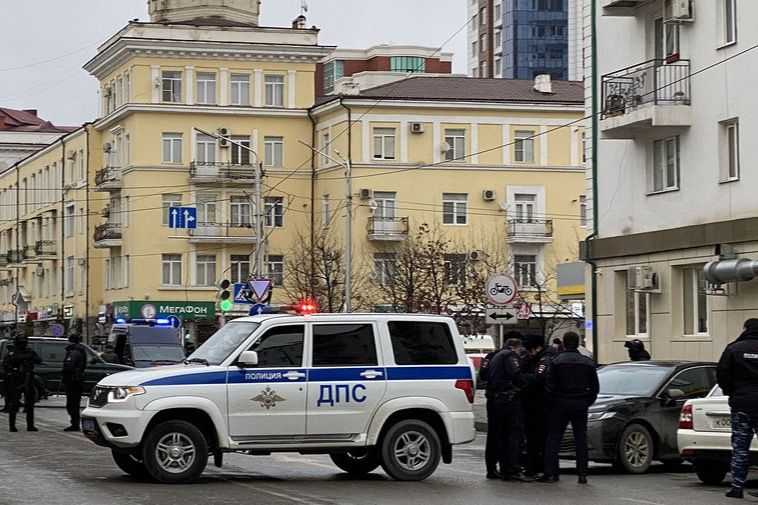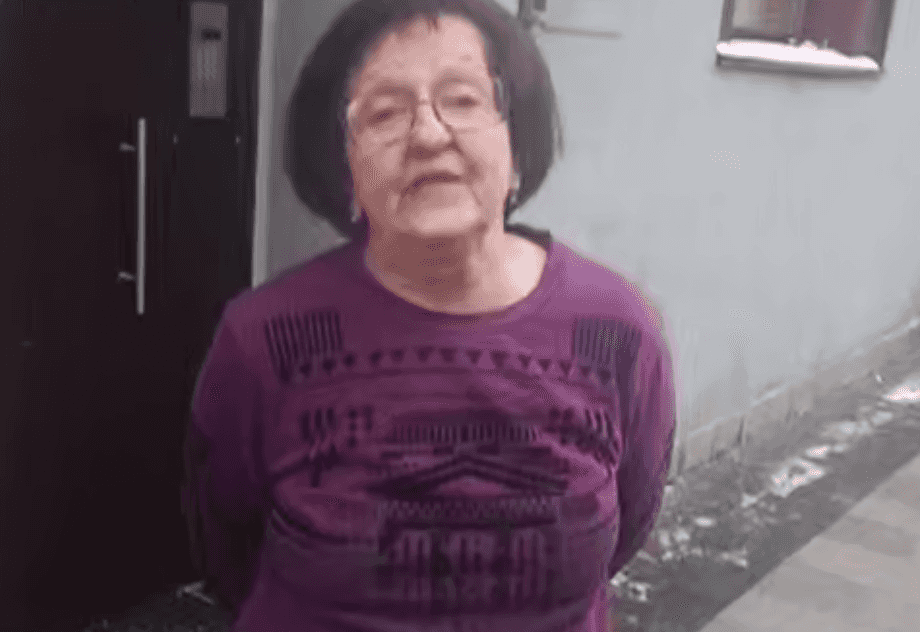
Zara Yakhyaeva, a resident of Chechnya’s Kurchaloy district, her son Magomed, and several women who allegedly sought occult services from her were taken to the local police station, according to a report aired on 16 June by the state-run TV channel ‘Grozny’.
Journalists from the channel referred to Yakhyaeva as a ‘witch’, accusing her of using ‘magical’ services to deceive local residents. The broadcast included a segment showing Adam Elzhurkaev, head of the Centre for Islamic Medicine, delivering a reprimand in Chechen. He presented ‘evidence’ of witchcraft in the form of beads, children’s toys, sweets, keychains, and pieces of soap. Elzhurkaev claimed that such ‘witches’ had no faith, conscience, or reason, and accused them of defrauding the population.
The report also featured three women identified as Yakhyaeva’s clients, who allegedly requested love spells, good-luck charms, the removal of energy blockages, and the breaking of marriages. One woman asked for help marrying off her three sons, another wanted to find out whether her daughter-in-law would return home.
Yakhyaeva was shown ‘confessing’ and ‘repenting for her misdeeds’ on camera, pledging to stop her alleged witchcraft. Her son Magomed also made a public statement, with the journalists noting that he ‘shared responsibility for the offence’.
At the end of the broadcast, state journalist Radzhab Yasadov stated that ‘the republic’s leadership will not stop until the number of witches approaches zero’.
The campaign against occult practices in Chechnya began in 2013 on the initiative of Chechen Head Ramzan Kadyrov. Dozens of people were detained at the time, some of whom went missing. The campaign has included combating ‘shaitanism’ — a term often used to describe practices deemed un-Islamic or superstitious. In past years, several individuals accused of sorcery have been coerced into publicly confessing and apologising, often under duress and in humiliating conditions. Those deemed ‘witches’ are typically made to ask forgiveness ‘from the entire Chechen people’ on state television.
In 2019, the persecution resumed with renewed vigour. State media regularly published stories in which the detainees publicly repented of practising witchcraft. Elzhurkaev played a key role in these events, holding detainees to public accountability.
After a brief hiatus, Yakhyaeva is now the third woman in several months to be subjected to such a televised ‘re-education session’.
In 2021, the US Commission on International Religious Freedom drew attention to the practice of public apologies in Chechnya, recommending sanctions against the republic’s Minister of Press and Information, Akhmed Dudaev, who previously headed the Grozny State Television and Radio Broadcasting Company.











